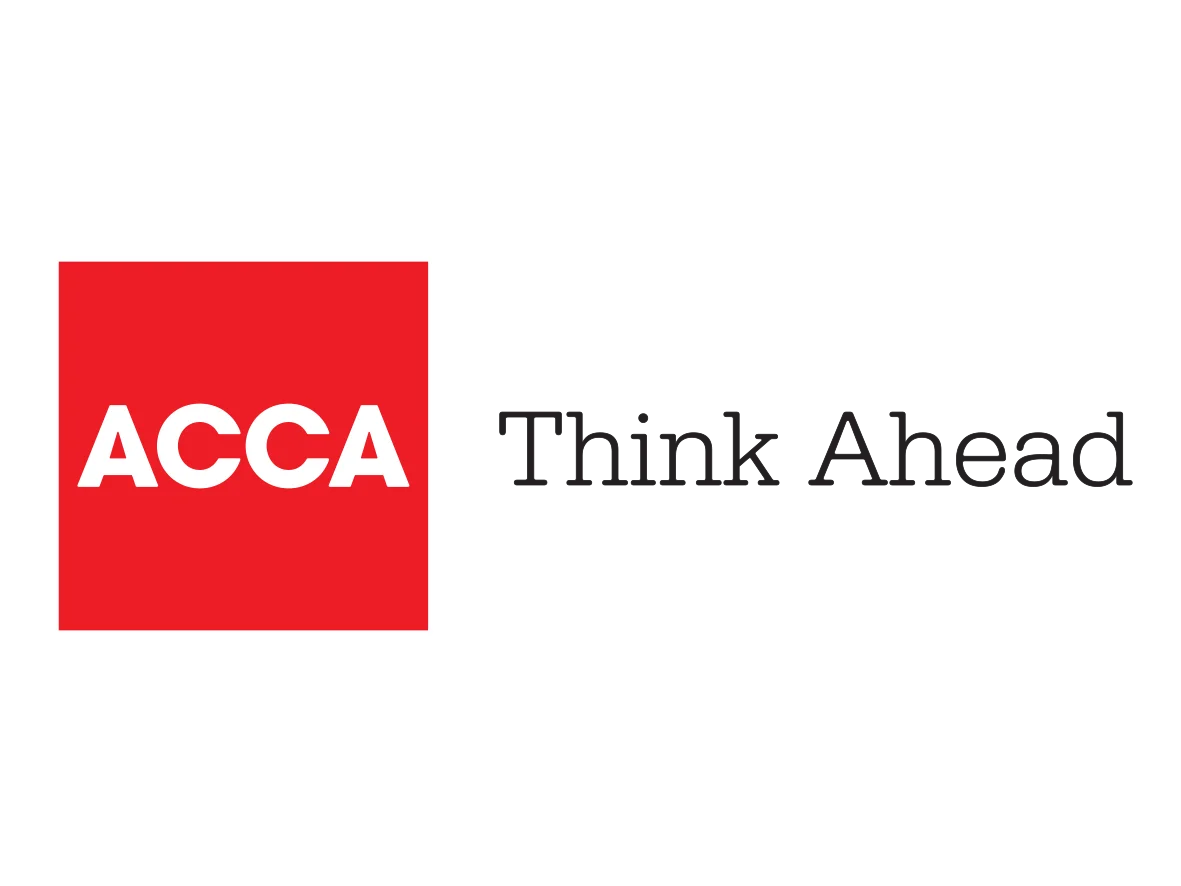Can accountants help make businesses more sustainable?
David Brightman, ACA, director of product marketing, BlackLine
As ESG rises up the agenda, finance and accounting teams need to take a lead role in transforming business practice. David Brightman, head of solutions marketing EMEA, BlackLine, explains
When considering who can lead the way for businesses to operate in a greener and more socially conscious manner, finance and accounting (F&A) should be high up on the priority list. As businesses of all sizes face increased pressure from consumers, governments and investors to integrate their financial performance alongside sustainability commitments, the role of F&A professionals has fast become crucial to achieving environment social governance (ESG) goals.
ESG is no longer just a nice to have and should never be viewed as a way to greenwash a company’s reputation. ESG issues are now central to consumer purchasing decisions. According to PwC’s 2021 Consumer Intelligence Series survey on ESG, consumers are demanding that businesses play a larger role in championing ESG. Over 75% of consumers surveyed said they would reward companies that do.
Business leaders and the workforce at large agree. 91% of business leaders believe their company has a responsibility to act on ESG issues, while 86% of employees prefer to support or work for companies that care about the same issues they do.
Due to the vital role they play in capital and corporate reporting in ESG, accountants are now being asked to transcend their more traditional functions and step up to contribute on a strategic level to drive the fulfilment of a company’s ESG commitments.
CEOs look to their F&A teams to help them understand how sustainable practices will impact the bottom line. Indeed, the International Sustainability Standards Board (ISSB) released its exposure drafts on 31 March 2022 that set out the requirements for disclosures over climate and general ESG reporting, and these are expected to be adopted under UK law by 2024 or 2025. A key requirement of this will be for sustainability reporting to be connected to and complement financial statements.
So, if F&A teams are to be responsible for reporting on ESG progress, it follows that they should be involved in the decision-making progress that drives a company’s ESG strategy.
But how can F&A teams help implement a coherent ESG strategy? And how can F&A leaders ensure those in their departments, and indeed across the whole business, understand the significance of the ESG reporting framework?
Why accountants should help drive ESG
Before looking at what can be done, it’s important to highlight the specific skillsets that make F&A professionals a cornerstone of any company’s ESG taskforce.
- Firstly, a modern accountant should possess strong analytical skills, deep knowledge of the business, and be able to understand and implement reporting standards;
- F&A teams have a detailed knowledge of where a company’s money is going, including sales, customers, the company’s supply chain, vendors, and more;
- Accountants are also well equipped to lead, or at least contribute to, new business processes
- Ultimately, reporting on ESG and sustainability metrics is crucial, and the finance team is perfectly set up to manage that reporting and performance, because they can tell the right ESG story by translating data into meaningful and actionable information for the rest of the company.
The skills within the Finance Function are evolving. F&A teams are advancing more strategic roles in businesses, so it’s natural that they would play a central part in developing, measuring, and reporting on ESG standards.
How to get started
We know that F&A professionals have the right skills to contribute to a successful ESG strategy. The real challenge can be knowing where to start. KPMG has outlined four key areas where your team can help.
- corporate Strategy – to build ESG into your organisation’s strategy, the company should establish some guiding principles on sustainability and prioritise strategic initiatives. This could begin with incorporating ESG drivers into business cases and quantifying sustainability impacts
- investments – by investing in ESG initiatives you can increase top-line growth, lower costs, and decrease investor, regulatory and legal interventions
- reporting – there is an expectation on companies, particularly public ones, to report on ESG goals to their stakeholders. You’ll need detailed, accurate and timely information to show the impact of your ESG initiatives
- risk – CFOs and CAOs should understand and be able to manage the financial and non-financial risks around ESG
After establishing which areas to focus on, KPMG also suggests considering the following questions to help to prioritise tasks:
- where can you make the biggest ESG impact? Does this align with your company’s area(s) of focus when it comes to ESG?
- how can ESG be integrated into your value identification and measurement processes?
- is your department included in the conversation of ongoing and potential ESG initiatives? If not, how can you remedy this?
- does your team have the necessary data and reporting capabilities to track and report ESG impacts, including measuring successes and identifying gaps?
Bringing your team along with you
Sustainability reporting is still relatively new for F&A teams, but they must evolve with the global call for efforts to combat climate change and other societal issues. Treating ESG as an exciting new challenge, as opposed to another set of boxes to tick, can galvanise team members into action.
It can also be a great reason to level up the department, both in terms of people and processes. As accountants are called on to take on greater responsibilities, they need to consider new ways of working.
F&A leaders should consider upgrading their teams’ capabilities and systems, such as using more automation, analytics and other modern accounting technology to increase efficiency, control and performance. This can help automate day-to-day tasks and free up more time for the team to contribute to business-critical initiatives.
Furthermore, establishing proper procedures, controls and policies are critical to reduce the risk of inaccurate reporting. Stakeholder trust can quickly crumble if faced with inaccurate reporting and a lack of transparency and accountability.
ESG can be quite daunting and complex, but Rome wasn’t built in a day. By having an honest internal assessment of skills and capabilities, prioritising effectively, and getting buy-in from across the business, F&A teams can start to make significant impacts quite quickly. Not just for the success of the company itself, but also in the global fight for a more sustainable planet.
Have you read our other blogs?
ONE IN EVERY 228 COMPANIES ENTERED LIQUIDATION IN LAST QUARTER
COVID-19 LOAN DEFAULT FIGURE HITS £2BN WHAT YOU NEED TO LOOK OUT FOR WHEN LOOKING FOR AN ACCOUNTANCY FIRM HOW PORTSMOUTH ACCOUNTANTS DRIVE BUSINESS GROWTH BOOK A CALL WITH HENRY THOMAS ADVISORY WHY BUSINESSES CHOOSE OUR TAX ADVISORS IN PORTSMOUTH: A CLOSER LOOK HAMPSHIRE ACCOUNTANTS: THE KEYS TO SIMPLIFYING CORPORATE TAX COMPLIANCE



